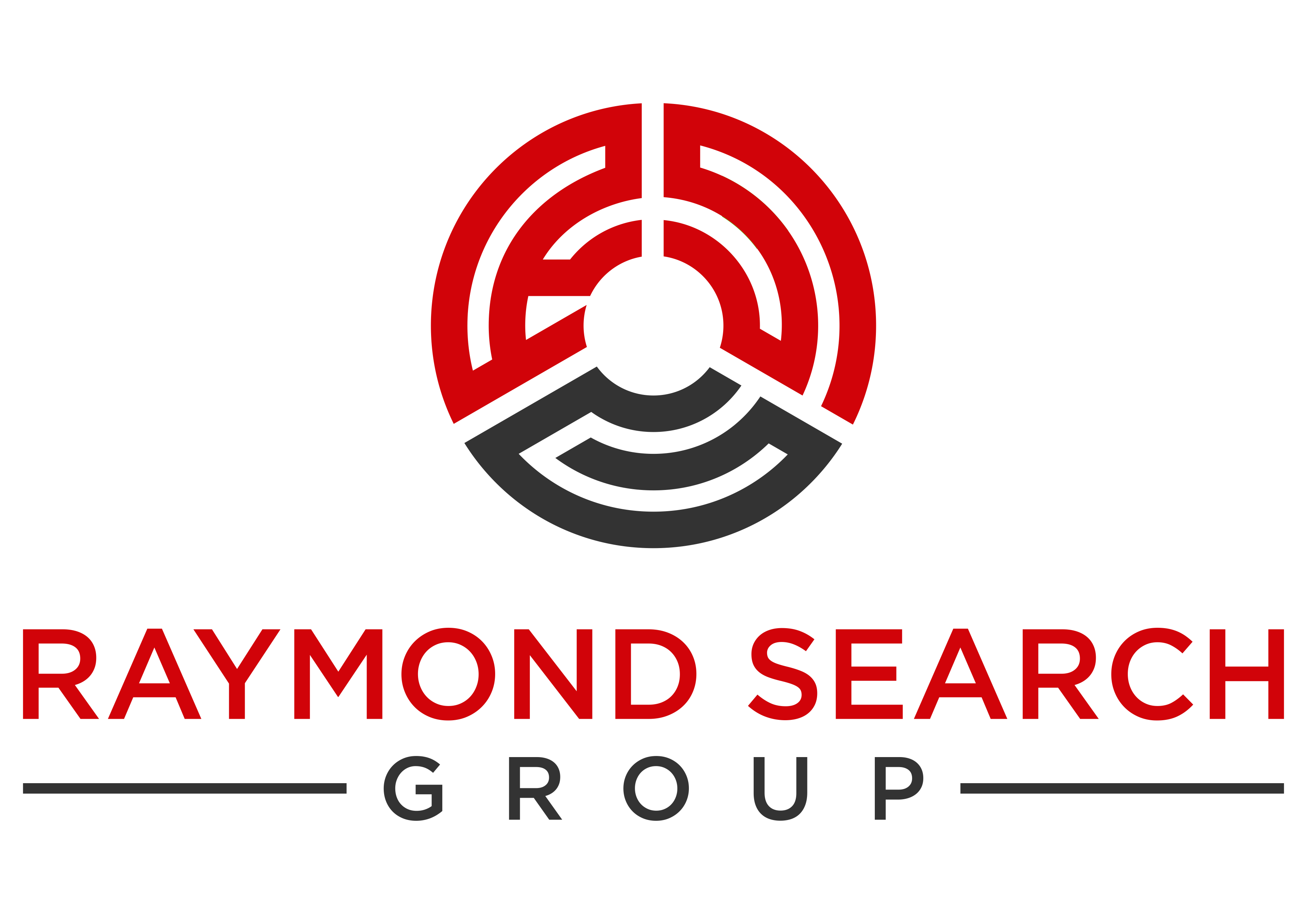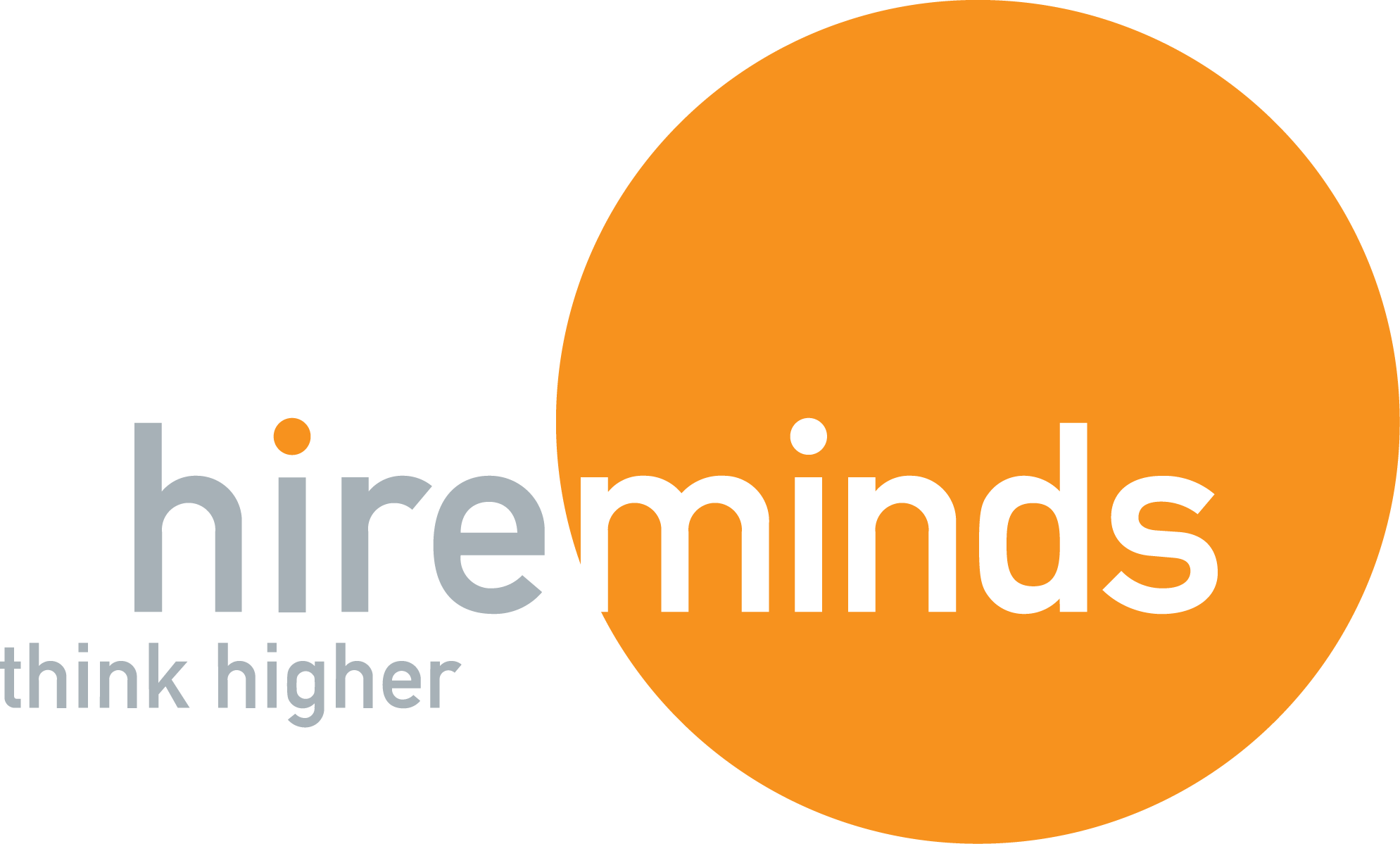
By David Peterson, Managing Partner of Plastics and Flexible Packaging
You spent time and energy to post the ad, sort through resumes, interview, and run a background check. Before making your final hiring decision, contact your candidate’s references to ask a series of qualifying questions.
A job applicant will cast themself in the best possible light to a potential employer. As a result, resumes and interviews can lack the details employers need to make their final decision. Most candidates are simply wanting to look good rather than concealing information. But reference checks help recruiters ensure they have the most accurate and complete picture of the candidate.
Speaking with a reference helps you confirm the accuracy of your investigation and fill any gaps in the information you’ve collected during the interview process. Here are a few questions you should consider asking your candidate’s references to help you know whether he or she will be a good fit for your organization.
1. What is your relation to the candidate?
This may seem like an obvious first question. But it’s important to know because a reference’s relationship to the candidate will impact the way they respond.
2. Why did he or she leave your company?
This fact-checking question will help you uncover the true nature of your candidate’s departure. Applicants have a tendency to embellish or remove details surrounding the reason they left their previous employer.
3. Can you provide an example of a time the candidate went above the call of duty?
Specific examples are often more informative than a reference’s personal opinion. The answer to this question will reveal what circumstances motivate your potential new employee.
4. How does the candidate work in a team?
Almost every position will involve at least some amount of teamwork. Whether it’s working on a group project or general social situations, it’s good to know how the candidate relates to others.
5. How would you feel working for the candidate?
This question will cause the reference to consider their relationship to the candidate and forces them to provide an unbiased answer. Be sure to phrase the question so that it requires an open-ended response.
6. Would you rehire this candidate?
If the reference is willing to answer this question honestly, it can be very revealing as explained by Entrepreneur. If the response is no, ask why. It may not necessarily be for negative reasons.
7. What areas did the candidate need to improve? And how did they respond to criticism?
You want to know both their strengths and weaknesses. Most applicants won’t voluntarily provide areas they still need improvement during the interview process. This two-part question not only makes you aware of the candidate’s weaknesses but also lets you know how they’ll handle future criticism.
Finish the conversation by asking if there’s anything else you should know before hiring this candidate. This final open-ended question gives the reference a chance to explain anything they may have not thought of before.
When talking with the reference, avoid rushing through the conversation. Give them ample time to respond so they have a chance to recall details and provide accurate information. And be aware of any nonverbal gestures. A reference may avoid giving a negative review of the candidate, but you can gain valuable feedback by paying attention to their gestures and voice inflections.
Asking these questions when speaking to your candidate’s job references will provide insights you may not have discovered otherwise.





